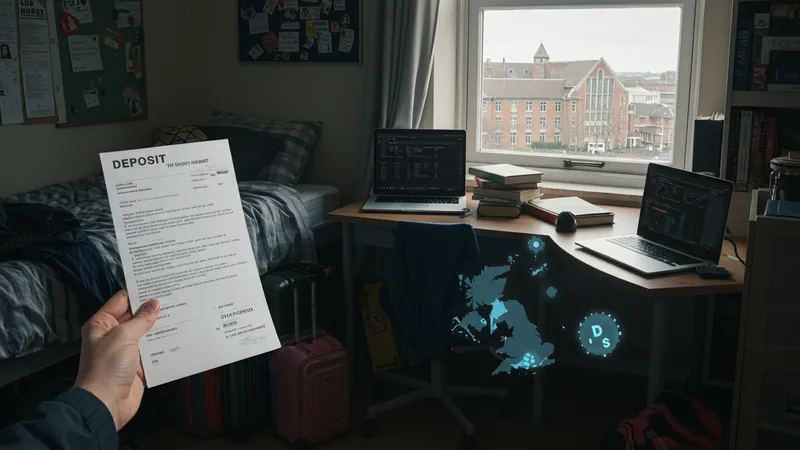
A Complete Guide To Student Accommodation In The UK
Contracts, Deposits, and Moving In: The Process in the UK
Securing student accommodation in the United Kingdom usually involves contracts known as tenancy agreements, which outline the terms, length, and obligations of both tenants and landlords or providers. University halls often provide fixed-term contracts covering the academic year, making budgeting simpler for students. Private halls and letting agents may offer more flexibility, with options for semester or whole-year agreements, but it’s vital to read the small print regarding early exit and break clauses.

Deposits are a standard part of the process. In most UK accommodation, expect to pay a deposit equivalent to one month’s rent. This is held as security against damage or unpaid rent and is refundable at tenancy end, assuming the property is left in good condition. Reputable providers place deposits in government-backed tenancy deposit schemes, giving students legal protection and peace of mind.
Inventory checks, condition reports, and photographic evidence are encouraged before moving in. These ensure any pre-existing issues are logged, reducing the risk of deposit disputes when the tenancy finishes. Students are also advised to clarify with providers like Unite Students or dwell Student Living about what is included—basic furnishings, kitchenware, or bedding might not always be standard.
The UK rental market moves quickly, particularly around university admission dates. For popular cities and the most affordable or desirable properties, early research and timely applications are crucial. Some providers offer video tours and virtual booking for international students, allowing them to secure accommodation before arrival and ease their transition to life in the UK.